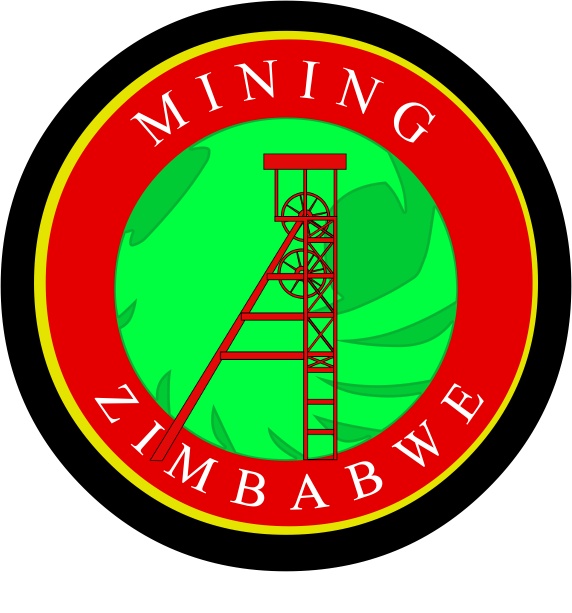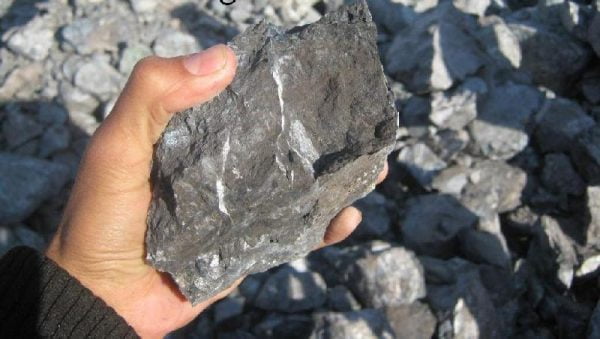CHROME miners are crying foul over underpricing of Zimbabwean ore by some Chinese chrome smelting companies.
This comes as chrome miners appealed to the government not to widen the export ban to include raw chrome fines. The chrome ore fines were exempted from the previous ban on raw chrome exports.
Miners claim that the fundamentals are not yet right for the ban on chrome fines, considering the experiences of the current ban on raw chrome exports, which has seen some Chinese smelters colluding to set prices that disadvantage chrome miners.
Currently, the biggest consumers of raw chrome are Chinese companies, who own a number of smelting facilities around the Great Dyke. There are indications that Chinese smelting companies are giving a raw deal to the miners.
This comes after there has been a surge in ferrochrome prices on the global market triggered by a spike in demand resulting from an increase in construction projects.
A miner, who spoke on condition of anonymity, said the issue of price manipulation was a thorny one, considering that the companies buying are just a small group.
“We recently met the Ministry of Mines and Mining Development over the issue and we were pleading for the extension on the proposed ban on chrome fines because we believe a ban will throw us back into the situation we are facing with Chinese smelters,” the chrome miner said.
“We believe the fundamentals are not yet right and any ban on the export of chrome fines will spell doom on miners. The Chinese have created a cartel that is busy manipulating prices despite the current surge in global ferrochrome prices,” the source said.
Mines ministry permanent secretary Onismo Moyo said he was yet to get the reports on the matter.
“I have not yet received anything to that effect, but I will have to check and come back to you,” Moyo said.
Zimbabwe Miners Federation (ZMF) secretary for external affairs Gift Karanda confirmed that they had made an appeal to the government on the chrome fines ban, but could not divulge more details.
“There is an appeal on the issue of chrome fines expected ban, but at the moment it is premature to comment on the matter and on the issue of chrome prices you can refer your questions to the Ministry of Mines,” Karanda said.
There are also concerns that Zimbabwe has become a target of Chinese companies that are dumping second-hand chrome smelters following the promulgation of an environmental law prohibiting the use of heavy environmentally unfriendly machinery in the Asian economic powerhouse.
In 2019, the State Council of China announced that it would ban new steel, coke, chrome and primary aluminium capacity in the Beijing-Tianjin-Hebei and Yangtze River Delta regions.
Within this region, Hebei’s steel production was expected to have further limited to 200 million tonnes by 2020.
Cities, such as Beijing and Guangdong, have been implementing this ban and other cities were expected to follow suit.
This came as China continued to push heavy industries, especially those involved in chrome smelting, to consider new technologies that are environmentally friendly.
This, therefore, meant that by migrating to the new technologies, countries like Zimbabwe became a lucrative and ready market to dump the old smelting machinery.
The Independent is informed that several chrome companies in Zimbabwe have since been approached by Chinese companies with the intention of striking deals on the smelters.
The Independent




